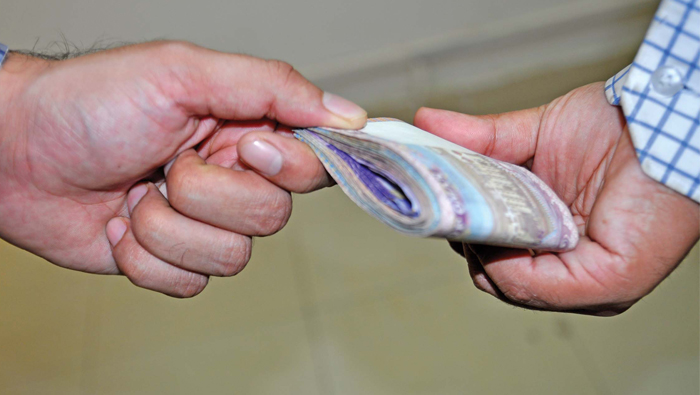
Muscat: Demanding money in return for a No Objection Certificate (NOC) is “exploitation” and could be a form of human trafficking, the country’s Assistant Attorney General has warned.
Read also: Oman's Assistant Attorney General's comments welcomed
Nasser Al Riyami, Assistant Attorney General and a member of the National Committee for Combating Human Trafficking, (NCCHT) said victims of exploitation and human trafficking in Oman should approach the authorities.
Get your essential daily briefing delivered direct to your email inbox with our e-newsletter
Al Riyami, speaking exclusively to Times of Oman, said money should not change hands for a NOC in the Sultanate. He added: “This is an exploitation case and could be constituted a crime of human trafficking.”
He told Times of Oman the NCCHT protects and supports victims of such acts with a multilingual hotline – 80077444 - and that a dedicated committee works to tackle any cases brought to light.
A disturbing trend of expat workers being forced to give up their end of service payments in return for No Objection Certificate was reported earlier in Times of Oman.Al Riyami was speaking on the sidelines of the Arab Human Trafficking Experts Meet in Muscat.
The two-day meeting is being hosted by the Sultanate, represented by the National Commission for Human Trafficking (NCCHT) in collaboration with the United Nations Office on Drugs and Crime (UNODC).
Oman introduced human trafficking laws in November 2008 under Royal Decree 126/2008.
Its definition of human trafficking crimes includes: ‘The use of threat, coercion, abuse over a person, exploitation of position or power and exploitation of weakness of those in need of work by illegal means directly or indirectly’. Slavery, prostitution, serfdom, sexual exploitation and forced labour are also prohibited under the law.
Victims can get medical and physical help through the shelter centre (Dar Al Wifaq) located in Al Khoudh.
Members of the NCCHT met with human rights bodies from across the globe at the conference, where the focus was that the law considers those that traffic others as criminals, not the trafficked victims.
The NCCHT was established in 2009 to combat crimes regarding human trafficking in the Sultanate. It works with various authorities in Oman to enhance and develop the capacities and skills of its staff by taking part in regional and international conferences.